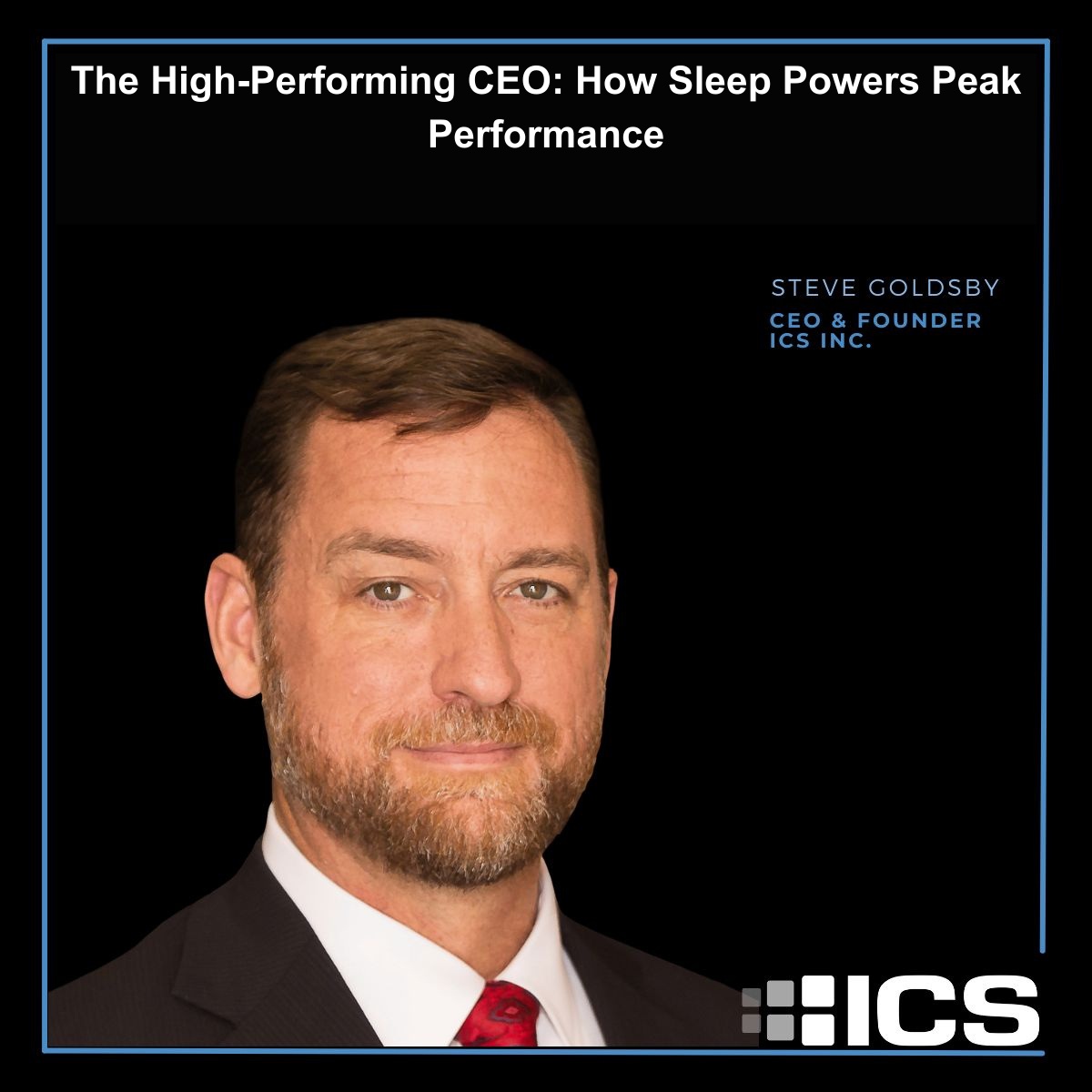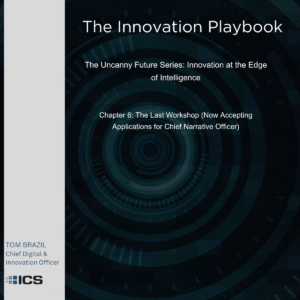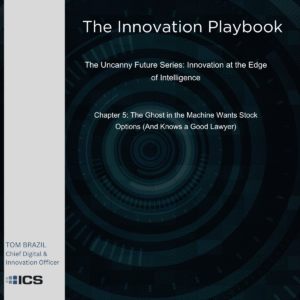As a CEO, I’ve always prided myself on my ability to push through long hours and deliver results, no matter the cost. After 25 years of 50-60 hour work weeks, I’ve come to realize that my most valuable asset isn’t my willingness to burn the midnight oil—it’s the quality of my sleep.
In the past, I’d often sacrifice sleep for the sake of productivity, but I’ve since learned that this approach is counterproductive. After a poor night’s sleep, my performance seems to be less than half of what it is when I get a full night’s rest. The difference is staggering, and it has forced me to reevaluate my priorities.
Sleep scientist Matt Walker’s TED talk illuminated the critical role sleep plays in our cognitive performance, emotional stability, and overall health. For CEOs like myself, these factors directly impact our ability to lead and make crucial decisions.
When we’re sleep-deprived, our ability to learn, retain information, and solve problems can decrease by up to 40%. This means that if we’re not getting enough sleep, we’re essentially operating at less than 60% of our cognitive capacity. In a world where every decision can have far-reaching consequences, this is a handicap we simply can’t afford.
Moreover, lack of sleep can lead to emotional instability and impaired judgment. As CEOs, we often face high-pressure situations that require a steady hand and clear thinking. If we’re not well-rested, we risk making emotionally-driven decisions that may not be in the best interest of our companies.
Beyond the immediate effects on our performance, sleep deprivation also poses significant health risks. A weakened immune system, increased risk of various cancers, and cardiovascular disease are just a few of the potential consequences. As leaders, we have a responsibility to maintain our health, not only for ourselves but also for the sake of our organizations.
As CEOs, we have the power to lead by example and create a culture that values rest and well-being. By prioritizing sleep and encouraging our teams to do the same, we can foster a more productive, healthy, and engaged workforce.
To optimize sleep, I’ve focused on maintaining a consistent sleep schedule, keeping my bedroom cool and comfortable, and creating a strong association between my bed and sleep. I’ve also learned to listen to my body and not push myself beyond my limits.
Sleep is not a luxury—it’s a necessity. As CEOs, we must recognize the critical role sleep plays in our performance, health, and overall success. By prioritizing sleep and leading by example, we can unlock our full potential and drive our organizations to new heights. After all, a well-rested CEO is a high-performing CEO.
Are you thoughtfully managing your sleep and rest?







